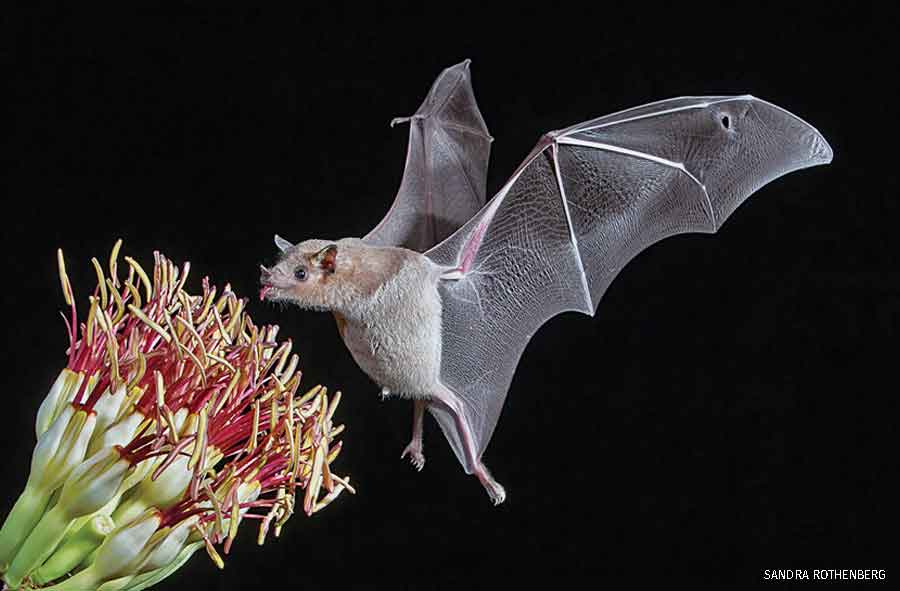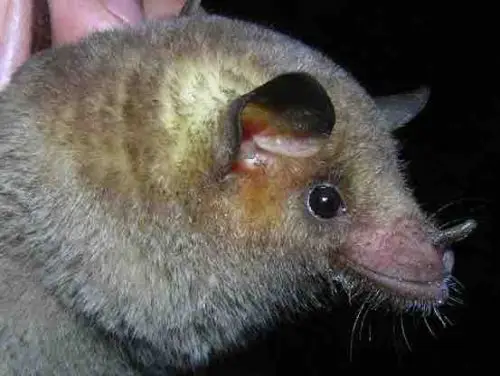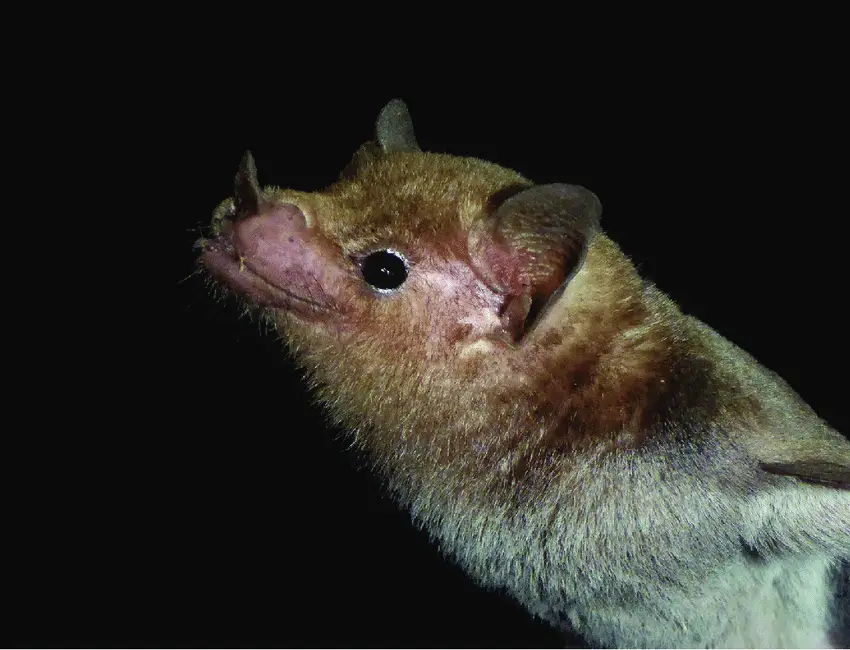Endangered Species Day 2021: Wildlife without Borders
This is the Lesser Long-nosed Bat (Leptonycteris yerbabuenae). Also known as the ‘tequila bat’, the Lesser Long-nosed Bat is an important pollinator of agave, as well as several other cacti and desert plant species. Every year, some portion of the population makes their way from their wintering ground in Mexico to maternity colonies in the United States. This long-distance trek across country lines makes them a great example for this year’s Endangered Species Day theme: Wildlife without Borders.

In 1988, this bat was listed as endangered under the U.S. Endangered Species Act, with only about 1000 known individuals across less than 20 roosting sites. Thirty years later, in 2018, the Lesser Long-nosed Bat became the first bat species to be removed from the Endangered Species Act, thanks to the conservation efforts of bat biologists in both the United States and Mexico.


Even with this success, bat biologists and conservationists are still hard at work protecting this, and other nectar-feeding bat species. The closely related Mexican Long-nosed Bat (Leptonycteris nivalis) is still listed as Endangered in both countries. Both species rely on what is called the “nectar corridor”, a stretch of desert containing blossoming agave and other cactus to sustain them during their annual migration. Unfortunately, habitat conversion and climate change continue to pose threats to this delicate partnership. How can we continue to support these important pollinators?
- Support conservation organizations actively researching evidence-based solutions for bat conservation (such as agave restoration and cave protection by Bat Conservation International & associated partners)
- Seek out Bat-friendly tequila and agave products. You can learn more about this at the Tequila Interchange Project, a Mexican-based organization working to conserve bats while also preserving traditional agave and tequila production culture.